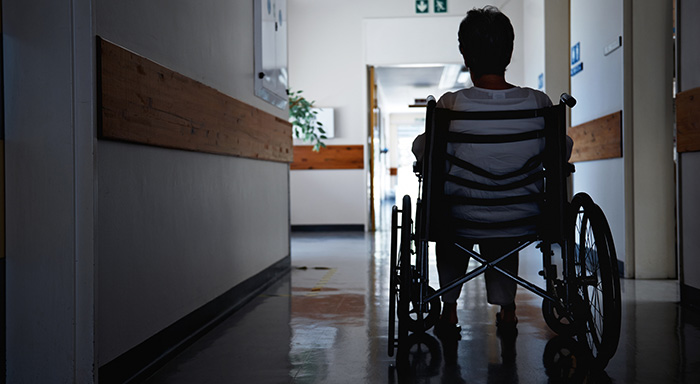Wondering how you can help your community be connected? Check these resources to see what other researchers are studying and writing.
The number of people over 50 who cohabit with an unmarried partner jumped 75 percent from 2007 to 2016, the Pew Research Center reported last month — the highest increase in any age group. “It was a striking finding,” said Renee Stepler, a Pew research analyst.
Social Isolation, Loneliness, and All-Cause Mortality in Older Men and Women
Both social isolation and loneliness are associated with increased mortality, but it is uncertain whether their effects are independent or whether loneliness represents the emotional pathway through which social isolation impairs health.
Actual and perceived social isolation are both associated with increased risk for early mortality. In this meta-analytic review, our objective is to establish the overall and relative magnitude of social isolation and loneliness and to examine possible moderators.
This At a glance briefing explains the importance of tackling social isolation and loneliness, particularly among older people. It highlights the adverse effects of feeling isolated and describes a number of services that have been found to help reduce the problem.
Loneliness is a significant public health concern among elders. In addition to easing a potential source of suffering, the identification and targeting of interventions for lonely elders may significantly decrease physician visits and health care costs. Learn more about how we developed this knowledge and what research can show us.
The results suggested that people suffering from social isolation may be more prone to inflammation and less able to fight viral infections—which could be one reason why lonely elderly people are more susceptible to illnesses ranging from the common cold to dementia, and why they have higher mortality rates than their peers.








